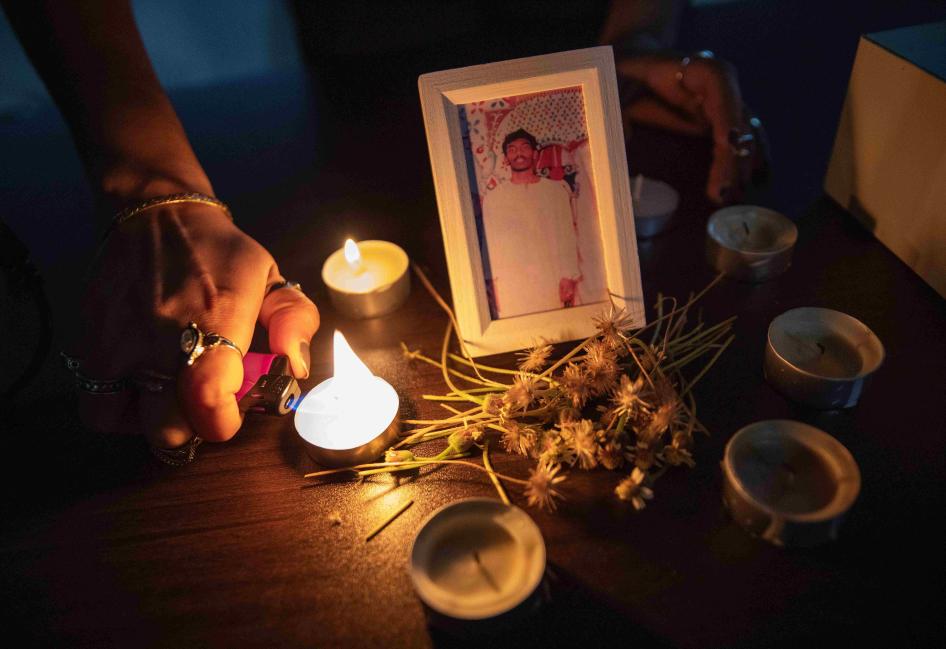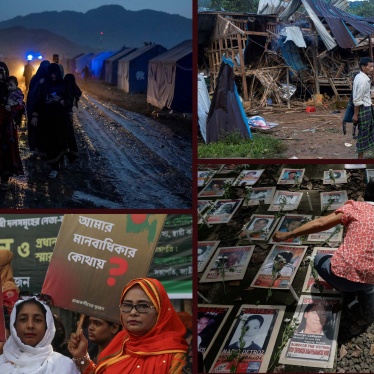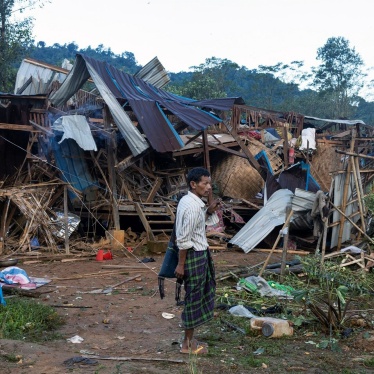(Bangkok) – Singapore’s government carried out its highest number of executions in more than a decade and sought to intimidate anti-death penalty activists, Human Rights Watch said today in its World Report 2024. The government silenced critical voices in the lead-up to the 2023 presidential elections and censored independent reporting.
“Singapore reversed the Covid-19 hiatus on executions, kicking its death row machinery into overdrive,” said Phil Robertson, deputy Asia director at Human Rights Watch. “The government’s reinvigorated use of the death penalty merely highlighted its disregard for human rights protections and the inherent cruelty of capital punishment.”
In the 740-page World Report 2024, its 34th edition, Human Rights Watch reviews human rights practices in more than 100 countries. In her introductory essay, Executive Director Tirana Hassan says that 2023 was a consequential year not only for human rights suppression and wartime atrocities but also for selective government outrage and transactional diplomacy that carried profound costs for the rights of those not in on the deal. But she says there were also signs of hope, showing the possibility of a different path, and calls on governments to consistently uphold their human rights obligations.
The Singapore government faced widespread international condemnation by governments and United Nations agencies for its continued use of the death penalty for nonviolent drug-related offenses. As of November 2023, the authorities executed 16 people, including Saridewi Djamani, the first woman to be executed in the country in almost two decades. In April, Singapore dismissed urgent calls from the Office of the United Nations High Commissioner for Human Rights, and executed Tagaraju Suppia, who had been convicted for involvement in trafficking one kilogram of cannabis in 2013.
The government targeted independent media outlets with overly broad and restrictive laws that grant the authorities highly discretionary powers to censor online content. In July, the government enacted the Online Criminal Harms Act, which threatens to further undermine freedom of expression and free speech in the country.
The authorities repeatedly harassed and targeted The Online Citizen and its chief editor, Terry Xu, for reporting critically on the government. In April, a court fined Xu S$18,000 (US$13,268) for contempt of court. In September, The Online Citizen moved its operations out of Singapore because of the government’s harassment via the courts.
The right to peaceful assembly in Singapore is tightly restricted through public order laws. The Public Order Act requires a police permit for any “cause-related” forms of assembly in public spaces. Police in Singapore have sweeping powers to reject permit applications on political grounds.
In March, the Singaporean High Court suspended the law license of a prominent human rights defender and lawyer, Ravi Madasamy. The court found he had undermined the integrity of judiciary through his criticisms of the attorney general, who reinstated the death penalty for Gobi Avedian, a Malaysian whom Madasamy was representing in court.
Despite taking a positive step in 2022 to repeal section 377A of the criminal code, the colonial-era provision criminalizing same-sex relations between men, Singapore has publicly rejected taking any steps toward guaranteeing marriage equality, and LGBT people in the country continue to face discrimination.









